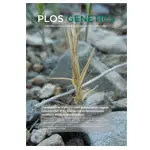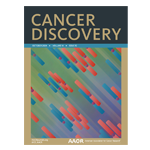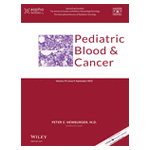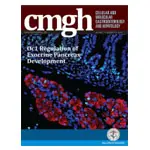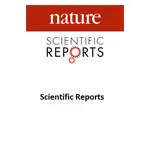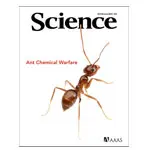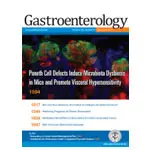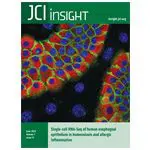DNAJB1-PRKACA fusion protein-regulated LINC00473 promotes tumor growth and alters mitochondrial fitness in fibrolamellar carcinoma
While the role of the DNAJB1-PRKACA (DP) fusion protein in fibrolamellar carcinoma (FLC) was discovered a decade ago, it has been difficult to directly inhibit the function of this fusion protein. In this study, the investigators set out to identify downstream targets of the oncogene that could be exploited for new therapies. The investigators report …

